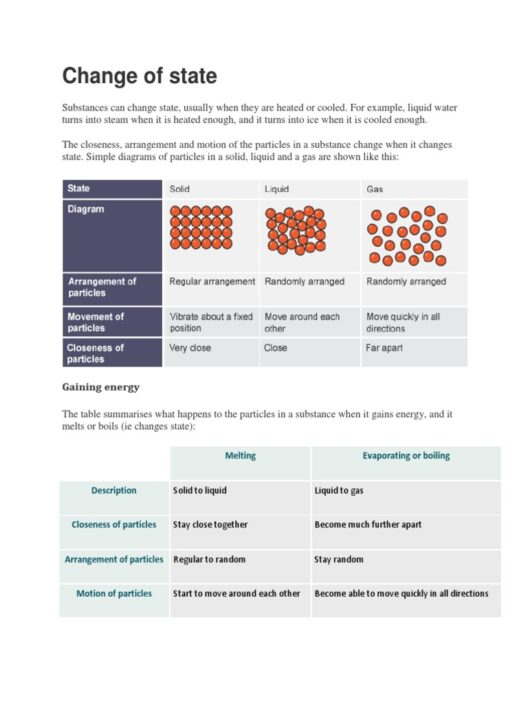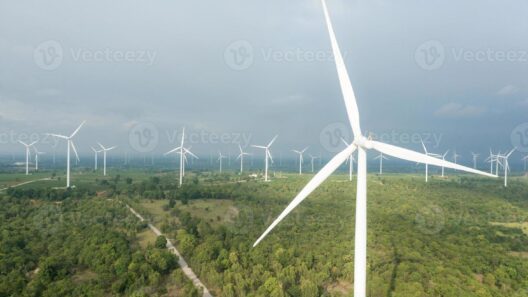In an age where climate change looms large, our approach to energy consumption must undergo a paradigm shift. Conserving energy isn’t just a matter of saving on utility bills; it’s a vital step toward minimizing waste in the long run. This discussion delves into how energy conservation can be instrumental in curtailing waste, as well as fostering sustainability.
The interconnection between energy consumption and waste generation is often overlooked. Every kilowatt-hour of energy that is saved translates into reduced demand for non-renewable resources. The extraction and processing of fossil fuels, for instance, generate considerable waste, not to mention greenhouse gas emissions that exacerbate climate change. By conserving energy, we diminish the need for such resource-intensive processes. This understanding encourages the exploration of energy-efficient practices and technologies.
One of the principal avenues through which energy conservation reduces waste is via the manufacturing sector. Industries often rely on fossil fuels for energy. When processes are energy-intensive, not only do they consume vast amounts of energy, but they also produce substantial amounts of waste. Adopting energy-efficient machinery and practices can dramatically mitigate this waste. For example, the implementation of energy-efficient motors can lead to less operational waste generated during manufacturing, as they consume less energy while operating at optimal levels.
Similarly, the residential and commercial sectors play a vital role in this equation. Households that implement energy-saving strategies—such as using energy-efficient appliances, switching to LED lighting, and enhancing insulation—essentially reduce the overall energy demand. This cascading effect leads to a decreased requirement for power generation facilities, which are often sources of considerable waste. Additionally, the more we optimize consumption in our homes, the less we rely on products that are burdensome to the environment.
Furthermore, energy conservation promotes a circular economy, wherein materials and resources are reused, refurbished, and recycled, thereby minimizing waste. For instance, conserving energy during the production of goods means lowering the consumption of raw materials necessary for creation. This results in fewer materials ending up in landfills. When public awareness of energy-efficient practices grows, so does the motivation to engage in recycling programs, leading to a more sustainable cycle of consumption.
In the quest for energy conservation, one must also consider the reduction of electronic waste (e-waste). Our dependence on electronic devices is ever-increasing, but the energy consumed in their manufacturing and operation is staggering. By choosing energy-efficient electronics, consumers can significantly diminish their impact. Moreover, extending the life of devices through repairs or upgrades rather than premature disposal further alleviates the burden on landfills. The act of conservatively using energy by being judiciously selective about technology can spark intrigue—a desire to learn about sustainable alternatives that are available.
Moreover, energy conservation reaches beyond individual actions and touches on broader economic implications. Communities that prioritize energy-saving initiatives can bolster local economies. By investing in renewable energy sources or energy-efficient infrastructure, municipalities can create jobs while simultaneously reducing waste output. Such opportunities promise a deeper engagement with local ecosystems and promote a sense of stewardship among residents. The success of these initiatives often inspires neighboring regions to adopt similar measures, creating a domino effect.
The promise of energy conservation in reducing waste also encompasses the agricultural sector. Traditional farming practices often consume copious amounts of energy, leading to both waste and emissions. Embracing sustainable farming techniques, such as precision agriculture, can minimize energy input while maximizing yield. The result is a more efficient system of food production that not only conserves energy but also produces less waste in the form of excess crops and food spoilage.
Yet, the discussion surrounding energy conservation should incite curiosity about its broader implications. How does one small action propagate into a larger environmental benefit? It begins with understanding that every choice we make powers our collective impact. Educating individuals and communities about energy-saving measures fosters a sense of personal responsibility. When people comprehend the relationship between energy use and waste, they become more cognizant of their daily habits and the cumulative effect they possess.
Nonetheless, it is essential to acknowledge barriers to energy conservation efforts. Habitual behaviors, lack of awareness, and accessibility to efficient products can hinder progress. Addressing these obstacles requires collaborative action from governments, NGOs, and the private sector. By incentivizing energy-efficient technologies and educating the public about conservation techniques, these entities can steer society toward a sustainable future.
Breaking down misconceptions about energy conservation is also impactful. It isn’t just about reducing discomfort in our lifestyles. It’s a strategic approach to safeguarding the planet. Those who adopt energy-efficient practices often report enhancements in their quality of life. A modern home equipped with energy-efficient appliances not only operates more smoothly but also fosters a conducive environment for its occupants.
In conclusion, the nexus between energy conservation and waste reduction highlights the importance of a meaningful commitment to sustainability. As societies grapple with the challenges of climate change, the need for innovative solutions becomes ever more pressing. By embracing the idea that conserving energy can significantly mitigate waste, we can harness the power of collective action towards a greener future. The prospect of making conscious choices that ripple across various sectors of life ignites curiosity while paving the way for sustainable living practices.








